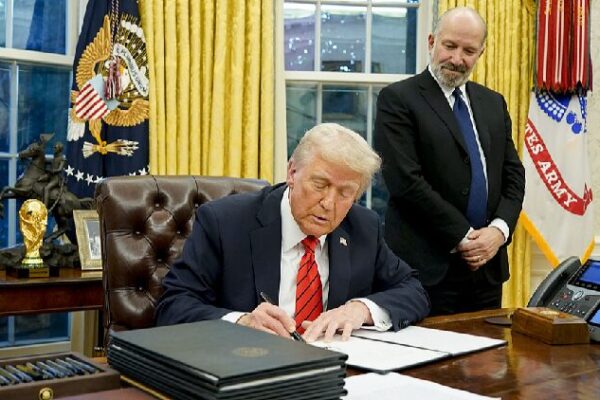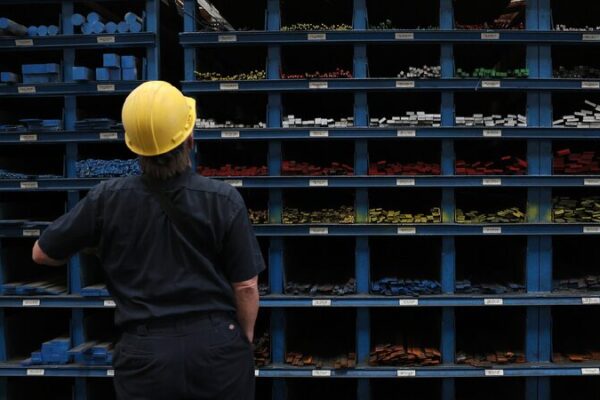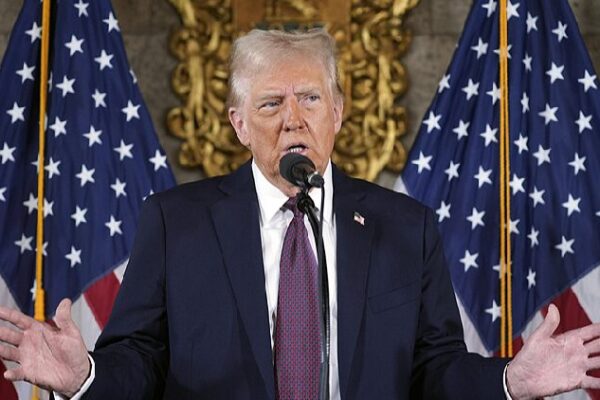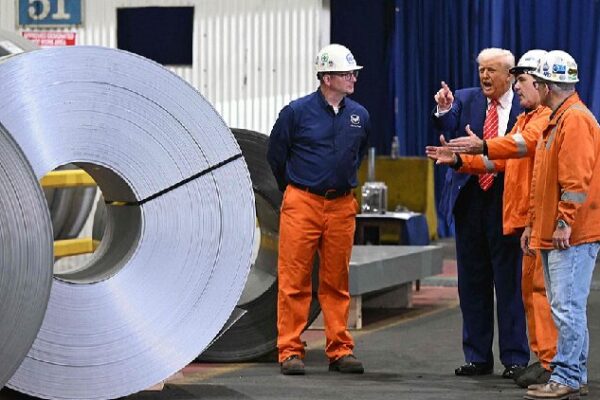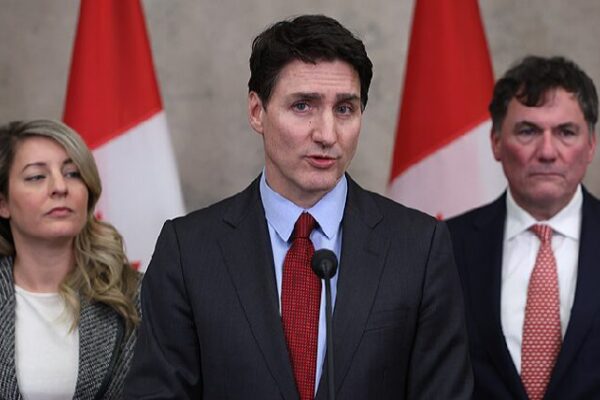President Trump’s expansive tariff policies are starting to make waves—and not in the way he intended. As new tariffs take effect, American consumers are beginning to feel the pinch, and there’s growing concern that the strategy might be backfiring.
On Wednesday, a 25% tariff on all imported steel and aluminum goods came into force in the United States. In swift retaliation, Canada imposed a 25% tariff on over $20 billion worth of U.S. products, including steel, computers, and sports equipment. The European Union followed suit, announcing taxes on nearly $28 billion of American goods, set to start on April 13.
These moves come on top of earlier tariffs targeting the U.S.’s neighbors, Mexico and Canada, as well as additional levies on goods from other countries, including China. President Trump aims to revive domestic industries by making imported goods more expensive, encouraging American production and job creation.
However, experts warn that this strategy could have unintended consequences. Rebuilding industries that have declined or disappeared isn’t a quick fix—it requires significant time and investment. Supply chains are complex and can’t be restructured overnight.
The immediate impact? Rising prices on everyday items and potential job losses. With inflation already affecting basic necessities like food, many Americans are worried about their financial future.
While President Trump acknowledges that consumers might experience “some pain,” he believes that tax cuts, increased energy production, and new investments will offset the negative effects. But the question remains: How long are people willing to wait for these benefits to materialize?
Political analysts suggest that the President has limited time to show positive results. If the tariff policies continue without delivering quick wins, public support could wane—even among his own party members who face upcoming elections.
Businesses are already expressing concern, especially those reliant on global supply chains disrupted by the tariffs. The automobile industry, for instance, successfully lobbied for a temporary reprieve.
As challenges mount, there is speculation that President Trump may need to reconsider his approach to avoid economic fallout. This includes reassessing tariffs imposed on countries like China, with whom the U.S. has significant trade relations.
Improving international cooperation could be key. Restrictions have made it difficult for foreign investors and scholars to contribute to the U.S. economy and scientific community. Renewed collaboration might help revitalize sectors like science and technology.
Ultimately, if the current hardline policies don’t yield the desired economic turnaround soon, the administration may need to pivot to prevent further strain on American consumers and the economy at large.
Reference(s):
cgtn.com

